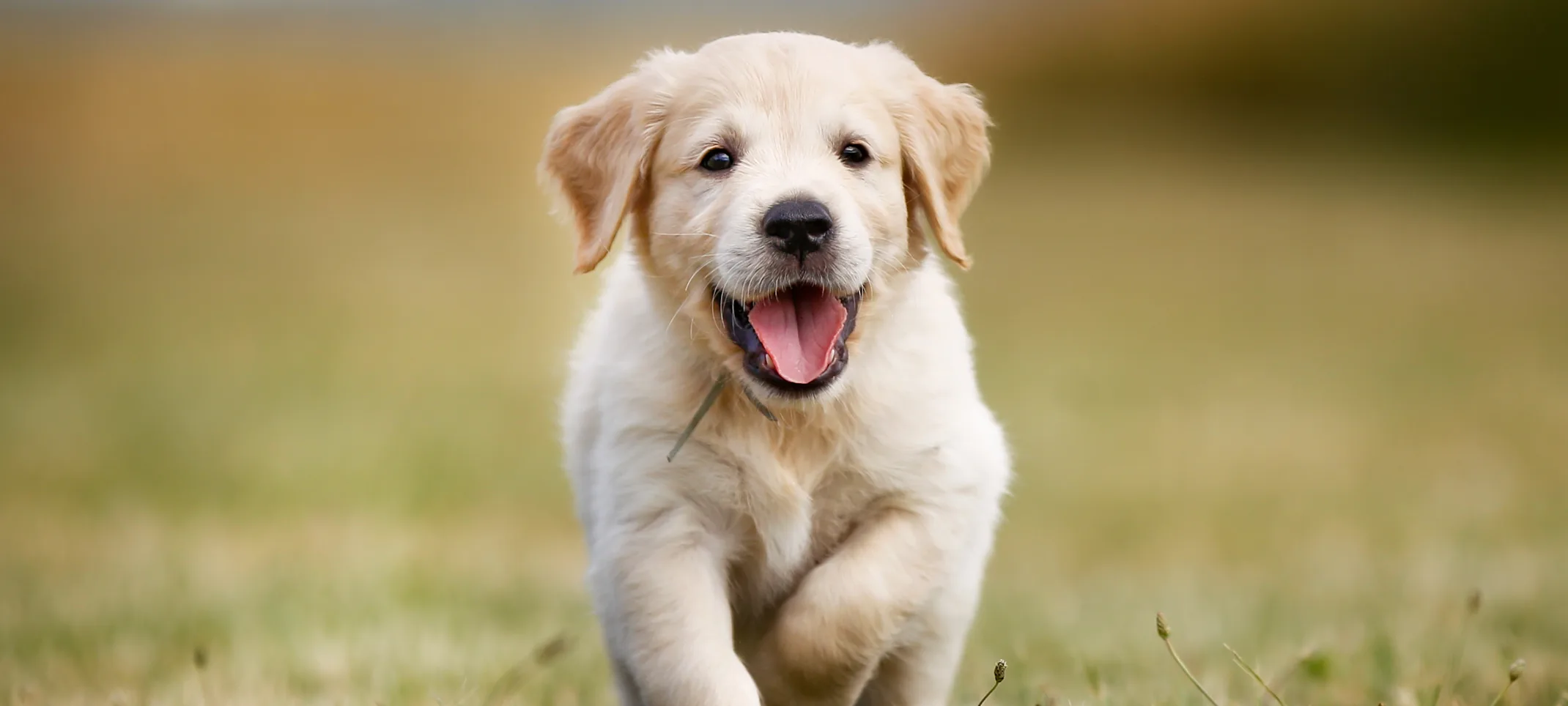Kings Veterinary Hospital
For the first three months of life, puppies are in their ‘socialization period,’ which is considered to be the most important time in a growing puppy’s development. This period is when a puppy’s brain is primed to develop social capabilities with people and other animals as well as to learn what environments, objects, and situations are considered safe. Incomplete or improper socialization during this period can predispose them to develop behavioral issues as adults, including fear, avoidance and aggression. Therefore, it is critical for owners to take an active role in heavily socializing their puppy during their first few weeks of adoption and beyond.
Before socialization, puppies should receive at least their first round of vaccines and begin basic preventative care (deworming, flea/tick and heartworm prevention, etc.). The combination of maternal immunity, first vaccines, and appropriate safety measures minimizes the risk for infection, making the rewards of proper socialization greatly outweigh the possible risk of illness. Still, as they will still not be fully vaccinated, efforts should be taken to ensure that their socialization is done safely.
The key to socialization is to make it as positive as possible, and the easiest way to do this is through lots and lots of treats! Find a variety of treats that your puppy likes, such as training treats, pieces of boiled skinless chicken breast or turkey hot dogs, cheerios, green beans, carrots, or small pieces of cheese sticks, and have a bag handy at all times - a fanny pack or training pouch is a great investment during this time! During all socialization activities, feed treats throughout so that your puppy only has happy associations with this activity.
People
Encourage your puppy to interact with a variety of people, including those of different genders, ethnicities, and body types. Have them wear an array of different clothes, such as puffy winter coats, sunglasses, and ballcaps. To comply with social distancing guidelines, perform these interactions in a safe, outdoor environment such as a backyard, and stand at least six feet from the other person. Place your puppy on a long lead and allow them to approach the new person while you stay in place. Have the person kneel on the ground at the same level as your puppy and offer them lots of yummy treats.
Because children act differently, make loud sounds, and move in unpredictable manners, they can be very scary to puppies! Therefore, efforts should be taken to expose your puppy to children. If this isn’t possible, at least play the sounds of children and babies crying for them.
Other Dogs
Even if there are other dogs in the house, your puppy should be encouraged to interact with a variety of other dogs so that they will learn how to properly interact with familiar AND unfamiliar dogs. Arrange puppy play dates with dogs that you know will interact with your puppy appropriately and are up-to-date on their vaccines and preventative care. Again, to comply with social distancing guidelines, arrange for these play dates to occur in a safe, enclosed outdoor environment, such as a backyard. Avoid all common areas and dog parks until your puppy is fully vaccinated.
Puppy classes are a wonderful way to socialize your puppy with other dogs in a safe environment! We recommend Training Tracks, which is currently offering puppy day school and puppy camps that comply with all pandemic guidelines.
Body Handling
Puppies should be handled from birth, learning to accept manipulation of all body parts. Play with your dog's paws, ears, and mouth so that they become used to these more sensitive areas being touched, using positive reinforcement the entire time.
Other Environments
Be sure to introduce your puppy to anything in the home environment that as an adult, you want them to be used to and comfortable with, such as laundry machines, vacuums, skateboards, wheelchairs, etc. You can even consider playing sounds such as sirens and thunderstorm noises, starting at a low volume and gradually increasing to more of a natural volume. All the while, use lots of treats or food toys to help foster a positive association with these objects. In addition, take your puppy for lots of car rides, especially if you plan on traveling with your dog frequently as an adult.
Have your puppy be exposed to a variety of different surfaces, such as carpet, linoleum, stairs, and unsteady footing. Place your puppy in the tub and give them a light bath, even if they do not need it, in order to get them used to the bathing process. Apply spray cheese and peanut butter to the sides of the tub to keep them occupied during the bath.
Alone Time
Puppies need to be taught independence by instituting structured alone time. This is especially important during the pandemic - even if you are at home constantly right now, this may not always be the case, and therefore, puppies need to learn how to enjoy alone time now to reduce their chances of developing separation-related anxiety when life returns to normal.
To do this, establish a safe environment for the puppy, such as a crate or playpen. Periodically throughout the day, place your puppy in their safe environment with a food toy, such as a frozen kong. Leave them in the environment for at least an hour - longer if they are napping or resting comfortably! Retrieve them from the environment when they are awake and calm - wait until they cease whining or barking to avoid teaching them that they need to vocalize to be let out.
Although socialization can seem like a lot of work, when done properly, it truly is the best way to ensure your puppy will grow into a well-behaved, sociable, and happy adult dog. If you ever have any questions regarding socialization, please do not hesitate to contact us for help and guidance.

